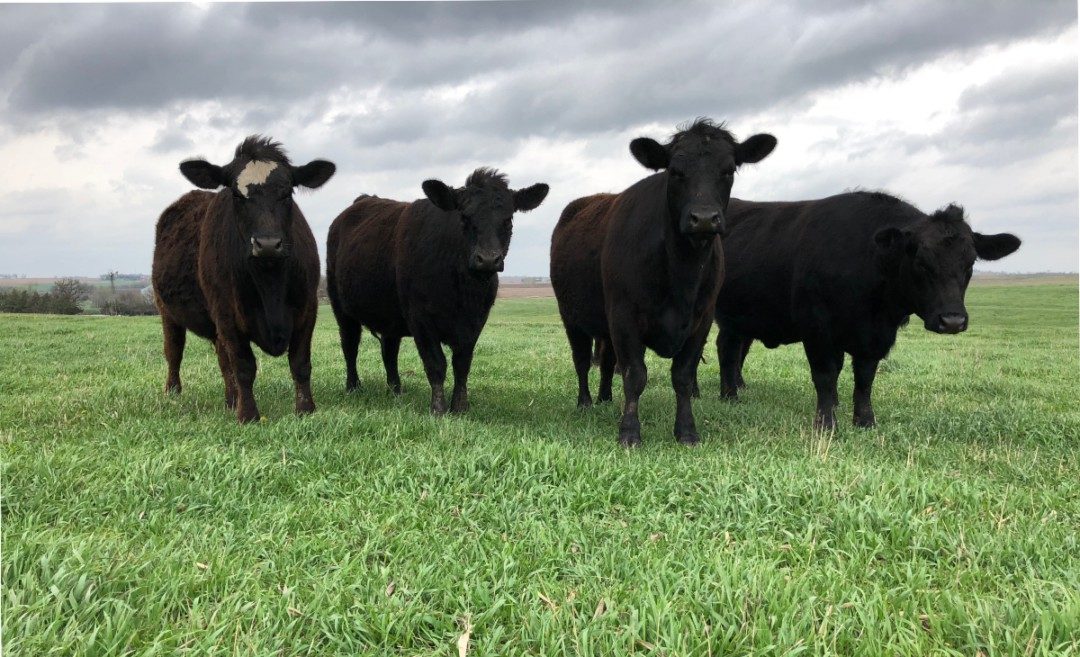In recent years, the food industry has witnessed a growing trend towards healthier and more sustainable choices. One such trend gaining traction is the increased demand for grass-fed beef. Traditionally, cattle were raised on a diet of grass, but with the rise of industrial farming, grain-fed beef became more prevalent. However, the shift towards grass-fed beef is not merely a matter of culinary preference; it carries significant implications for our health, the environment, and even the welfare of the animals involved. In this article, we will delve into the impact of grass-fed beef on our lives, exploring the nutritional benefits, environmental considerations, and ethical aspects of choosing grass-fed over conventional beef.
Nutritional Benefits of Grass-Fed Beef:
1. Higher Nutrient Content:
Grass-fed beef is renowned for its superior nutrient profile compared to its grain-fed counterpart. Research suggests that grass-fed beef tends to be richer in essential nutrients, including omega-3 fatty acids, antioxidants, and vitamins. Omega-3 fatty acids are essential for heart health and have been linked to a reduced risk of chronic diseases.
2. Lower Fat Content:
Grass-fed beef generally contains lower total fat content compared to grain-fed beef. Additionally, it tends to have a higher proportion of healthy fats, such as monounsaturated fats and omega-3s, contributing to a more favorable fat profile. This can be beneficial for those seeking to manage their cholesterol levels and reduce the risk of cardiovascular diseases.
3. Increased Antioxidants:
Grass-fed beef has been found to contain higher levels of antioxidants, such as vitamin E and beta-carotene. These compounds play a crucial role in neutralizing free radicals in the body, which are implicated in the aging process and the development of various diseases, including cancer.
Environmental Considerations:
1. Sustainable Farming Practices:
The conventional practice of feeding cattle with grain in concentrated animal feeding operations (CAFOs) has raised concerns about its environmental impact. In contrast, grass-fed beef is often associated with more sustainable and regenerative farming practices. Cattle graze on natural pastures, contributing to soil health and reducing the need for intensive agricultural inputs.
2. Reduced Greenhouse Gas Emissions:
The production of conventional grain-fed beef is a significant contributor to greenhouse gas emissions, particularly methane. Grass-fed beef, on the other hand, may have a lower carbon footprint. The natural foraging behavior of grass-fed cattle and their digestion of fibrous plants result in less methane production compared to the fermentation of grains in the digestive system of grain-fed cattle.
3. Biodiversity and Ecosystem Health:
Grass-fed beef production systems often involve rotational grazing, allowing pastures to recover and promoting biodiversity. This contrasts with the monoculture of feed crops associated with grain-fed beef, which can lead to habitat loss and soil degradation. Choosing grass-fed beef supports farming methods that work in harmony with the environment, fostering healthier ecosystems.
Ethical Considerations:
1. Animal Welfare:
The conditions in which cattle are raised and the treatment they receive are important ethical considerations. Grass-fed cattle often graze on open pastures, allowing for a more natural and humane environment. In contrast, grain-fed cattle are frequently confined in crowded feedlots, raising concerns about the well-being of the animals.
2. Antibiotic and Hormone Use:
Conventional grain-fed beef production frequently involves the use of antibiotics and hormones to promote faster growth and prevent disease in crowded feedlot conditions. Grass-fed cattle, raised in more natural settings, may not require the same level of antibiotic use. Choosing grass-fed beef can be seen as a vote for more ethical and sustainable animal farming practices.
Conclusion:
The impact of grass-fed beef on our lives extends beyond the plate, encompassing nutritional, environmental, and ethical dimensions. As consumers become increasingly conscious of the choices they make, the demand for grass-fed beef continues to rise. By opting for grass-fed over conventional beef, individuals can potentially enjoy a more nutrient-dense and healthful protein source while supporting environmentally sustainable and ethical farming practices. As the movement towards conscious eating gains momentum, the impact of grass-fed beef on our lives may well extend to broader transformations in the food industry, promoting a more sustainable and ethical approach to meat production.


